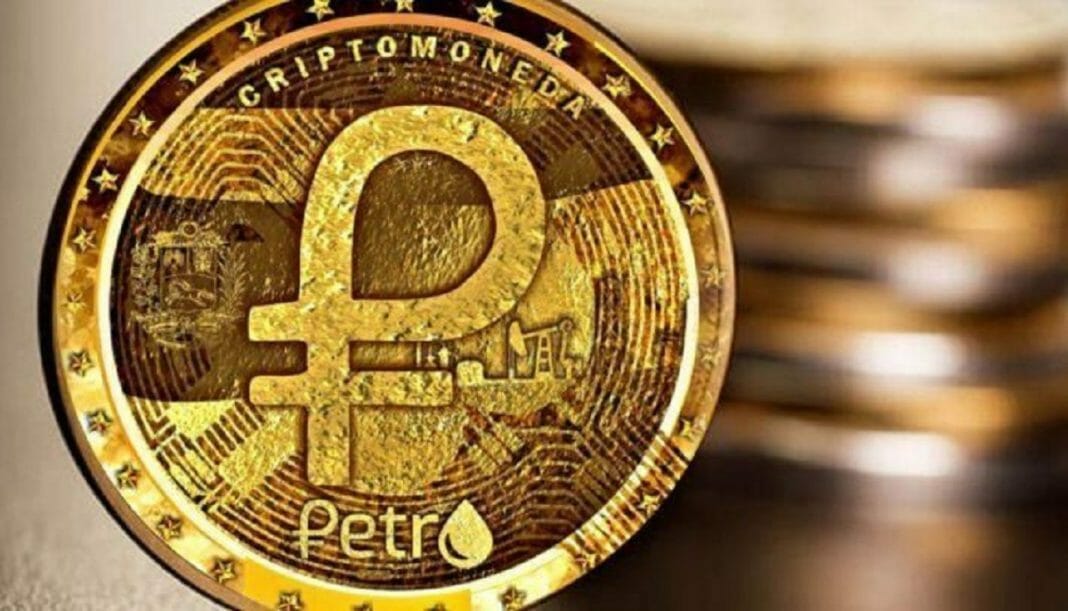The companies would stop providing their services after the presidential decree. The government’s measure involves paying with Petro (PTR) for using airports or harbors and buying gasoline for planes.
The measures taken by Nicolás Maduro’s government to start charging in Petro for State services could lead shipping lines and airlines to stop providing their services at national harbors and airports. Cipriana Ramos, former president of the “Consecomercio” business union, considers that the companies have no reason to submit to a method of payment in the so-called cryptocurrency of the Venezuelan government.
According to Ramos, the companies in this field do not want to use Petro as a form of payment mainly because they could be sanctioned by the United States through the Office of Foreign Assets Control (OFAC) and the Department of Treasury. The decision could be related to Donald Trump’s government, which issued in March 2018 an executive order forbidding Americans from trading with cryptocurrencies of the Venezuelan government.
Ramos stated that, for a customs and harbor community like that of Vargas State, the issue of paying for the services of INEA (National Institute of Aquatic Spaces) and Bolivariana de Puertos (Bolivarian Harbors) is very striking, since that is part of international trade.
The businesswoman thinks that the cargoes could remain in a service harbor so that they are then transferred to Venezuela by a ship that is not subject to sanctions or that at least does not fear sanctions.
The former leader believes that the situation can become complicated for international airlines that cover routes to and from Venezuela since the gasoline to supply the aircraft must also be paid in petro. Regarding this aspect, she said that those airlines that need to refuel in Venezuela will stop doing so, will continue paying in US dollars or will do it with the bolivar, but they will not use Petro to buy fuel.
For the lawyer, the imposition of this payment method on international entities would not be well seen, since it is something to be used among Venezuelans. The most prominent aspect is that those that agree to comply with these provisions must change their US dollars, euros or other national currencies to buy Petro.
Meeting between Sunacrip and INEA
While the future of shipping companies and international airlines remains uncertain, it was reported that the authorities of INEA and the National Superintendence of Crypto Assets and Related Activities (Sunacrip) held a meeting after the presidential announcement to implement charging for services in Petro.
INEA said that the meeting served to make registrations and start opening wallets in Petro for shipping companies. It should be noted that the assembly was developed to expedite the procedures to start charging for their services to foreign-flagged ships in this Venezuelan crypto asset.
The representatives of the shipping companies expressed their doubts about aspects including how long it takes to reconcile these transactions, how the conversion from bolivars (VES) to petros (PTR) is conducted and everything regarding exchange houses. It was reported that both parties established a work schedule to start registering the companies, aiming to streamline the charging and payment processes.
Sunacrip and the shipping companies met after it was unofficially reported that some Venezuelan oil sales were halted by customers of Petróleos de Venezuela (PDVSA) because harbor fees will be charged in petros, which has not been confirmed or denied by the Venezuelan authorities.
By Willmen Blanco











